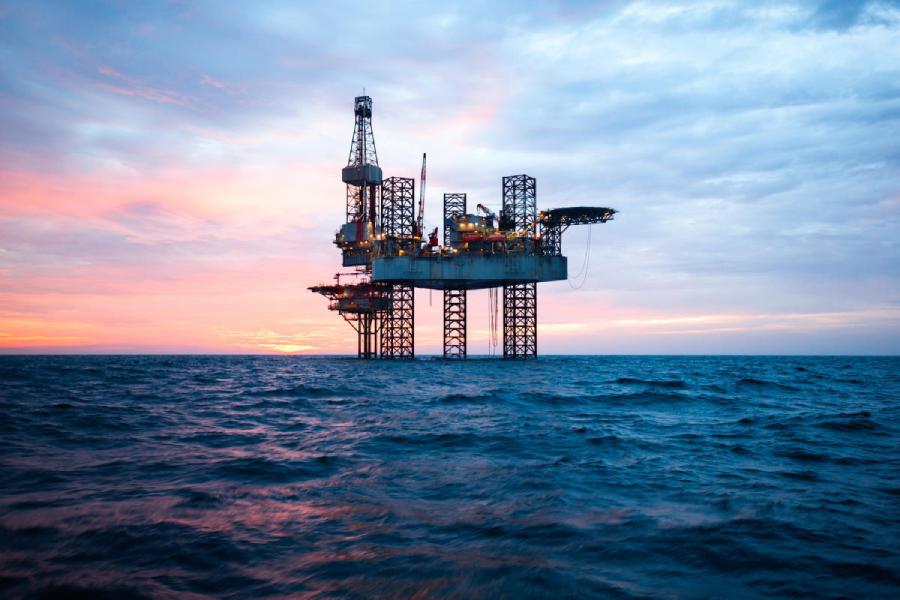State-owned Oil and Natural Gas Corporation (ONGC) won seven areas for exploration of oil and gas, while a consortium of Reliance Industries Ltd and BP Plc walked away with one in the latest bid round.
Oil minister Hardeep Singh Puri said 10 blocks for exploration and production of oil and gas were offered in the eighth round of Open Acreage Licensing Policy.
Contracts for the 10 blocks were signed on Wednesday morning, he said.
Of the 10 blocks offered, ONGC won seven while Reliance-BP, Oil India Ltd and Sun Petrochemicals Pvt Ltd got one area each.
India had offered the blocks for bidding in July 2022. After extending the bid deadline a few times, the round closed in July 2023.
Five companies — ONGC, Vedanta Ltd, Oil India Ltd (OIL), Sun Petrochemicals Pvt Ltd and Reliance-BP Exploration (Alpha) Ltd — put in 13 bids for the 10 blocks on offer.
Seven of the 10 blocks on offer received single bids and the other three blocks had two bidders each.
GAIL JV
GAIL India and TruAlt Bioenergy has entered into a $72 million joint venture to set up 10 plants to produce 33 million kg of compressed natural gas using organic waste as raw material.
GAIL will hold 49 per cent stake and TruAlt Bioenergy 51 per cent in the joint venture, named Leafinti Bioenergy Limited.
Each plant will process 10,000 kg of organic waste per day and produce 100,000 kg of CNG. The initiative will also produce solid fermented organic manure and liquid fermented organic manure.
No fuel relief
Puri said there were no proposals to cut petrol and diesel prices and reports of the government nudging the state-owned oil firms to reduce prices were “speculative”.
“No discussion with oil marketing cos on fuel price cuts, we want stable & positive forward-looking situation in terms of pricing,” he said.
There have been reports the Centre will cut fuel prices in the range of Rs 4-6 per litre ahead of the Lok Sabha polls.
“We are in a turbulent situation. There are conflict situations in two particular areas on the globe,” Puri said, while also citing challenges to shipping in the Red Sea, which contributes to 12 per cent of global traffic.
He said about 4-8 per cent of LNG cargo went through this route in 2023.










